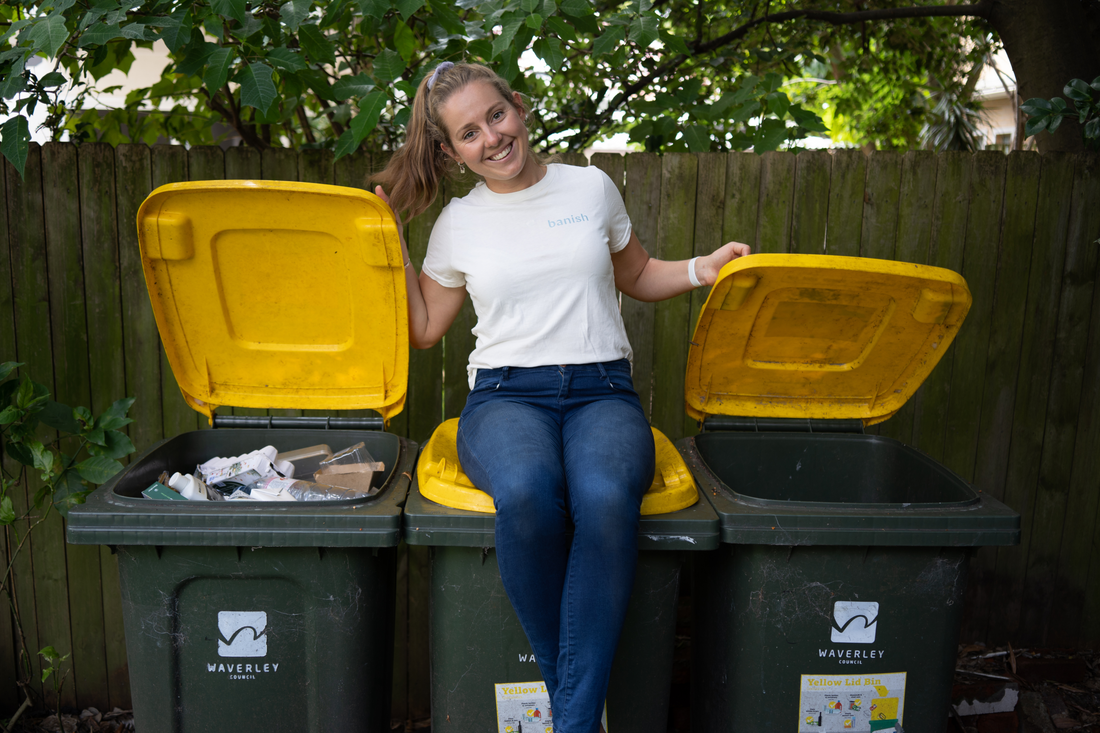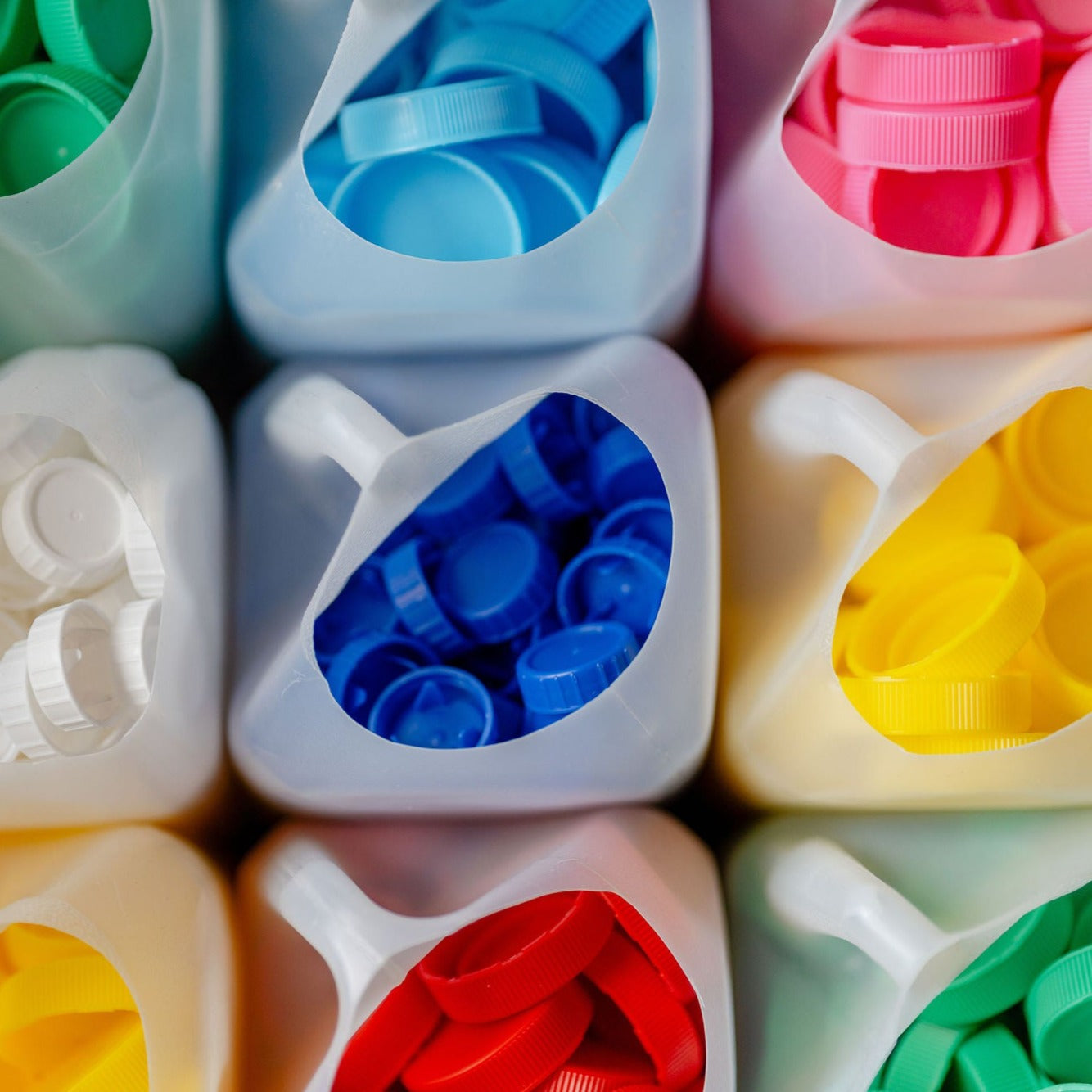
7 Recycling Myths Busted – What Really Happens to Your Waste
Recycling in Australia is tricky business. Despite our best intentions, an estimated 10-15% of what we put in the recycling bin doesn’t belong there. Confusion around what can and can’t be recycled often leads to contamination, making it harder for materials to be processed properly.
If you’ve ever felt overwhelmed by the rules of recycling, you’re not alone! Every Wednesday on Instagram, we play BIN:GO and teach people about what can go where. That’s why we’re breaking down seven of the most common recycling myths—so you can recycle with confidence.
1. Nothing gets recycled in Australia.
FALSE – A common misconception is that all our recyclables end up in landfill or are shipped overseas. However, since the Waste Export Ban was introduced in 2021, it’s now illegal to send certain waste materials overseas, meaning Australia must process much of its recycling onshore.
2. Empty aerosol containers can be recycled.
TRUE – As long as they’re completely empty, aerosol containers are recyclable. Make sure there’s no leftover product inside before tossing them in the bin!
3. If one item is wrong, the whole bin goes to landfill.
FALSE – While excessive contamination can lead to a whole bin being rejected, a small amount of incorrect items won’t automatically send everything to landfill. It’s always best to get it right, but don’t stress if the occasional mistake happens.
4. To keep the bin clean, place recycling in a plastic bag.
FALSE – Plastic bags are one of the biggest contaminants in recycling bins. Instead of bagging recyclables, place them loose in the bin to ensure they can be properly sorted and processed.
5. Australia is one of the best paper recyclers in the world!
TRUE – In fact, Australia recycles over 87% of all paper, making it one of the top-performing countries when it comes to paper recycling.
6. The size of an item doesn’t matter, just the material.
FALSE – Items smaller than a credit card are often too small for sorting machines to process properly. This means things like bottle caps and bread tags should be collected separately for specialised recycling programs.
7. Containers with leftovers can still be recycled.
FALSE – While minor residue isn’t a big issue, leftover food or liquids can lower the value of recycled materials and contaminate the whole batch. Rinse out your containers before recycling them.
Need an Extra Helping Hand?
Recycling doesn’t have to be a guessing game! That’s why we’ve created a comprehensive e-book to help you master the art of recycling in Australia.
Inside the e-book, you'll get:
✔ A guide to setting up a home recycling system
✔ An introduction to the Australasian Recycling Label (ARL)
✔ A printable PDF on how to BRAD (Banish Recycling and Diversion)
✔ An A-Z guide covering over 100 tricky-to-recycle items in Australia
Your purchase is a one-time payment, not a subscription—so you’ll have lifetime access! Plus, any future updates are included at no extra cost. Find out more.

